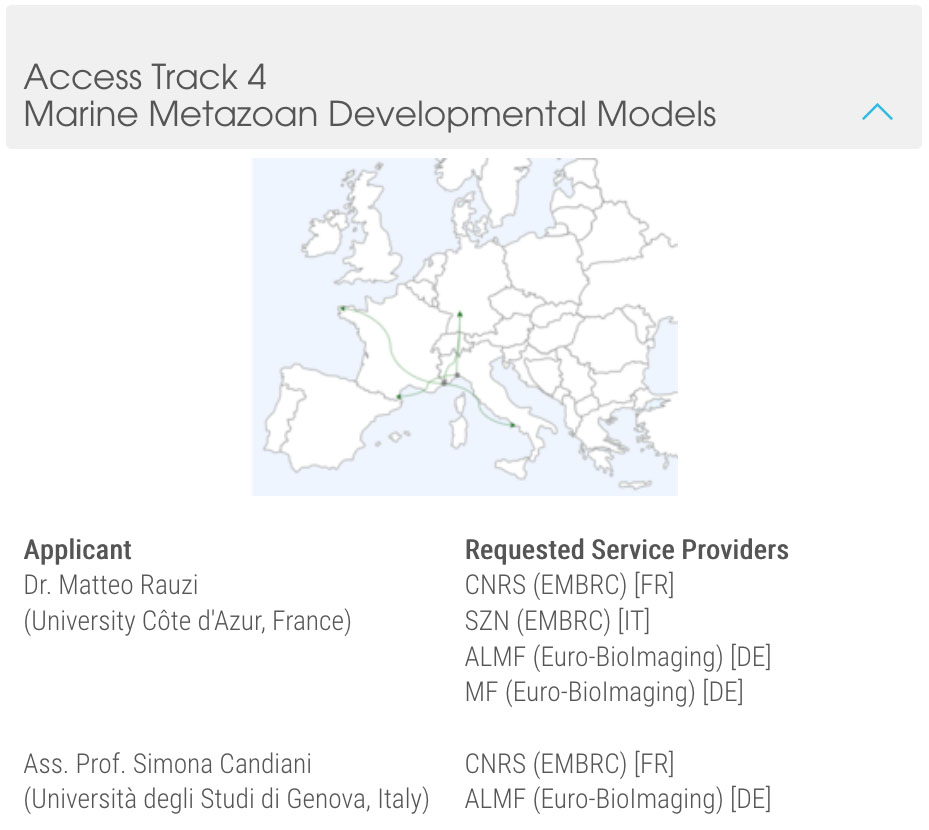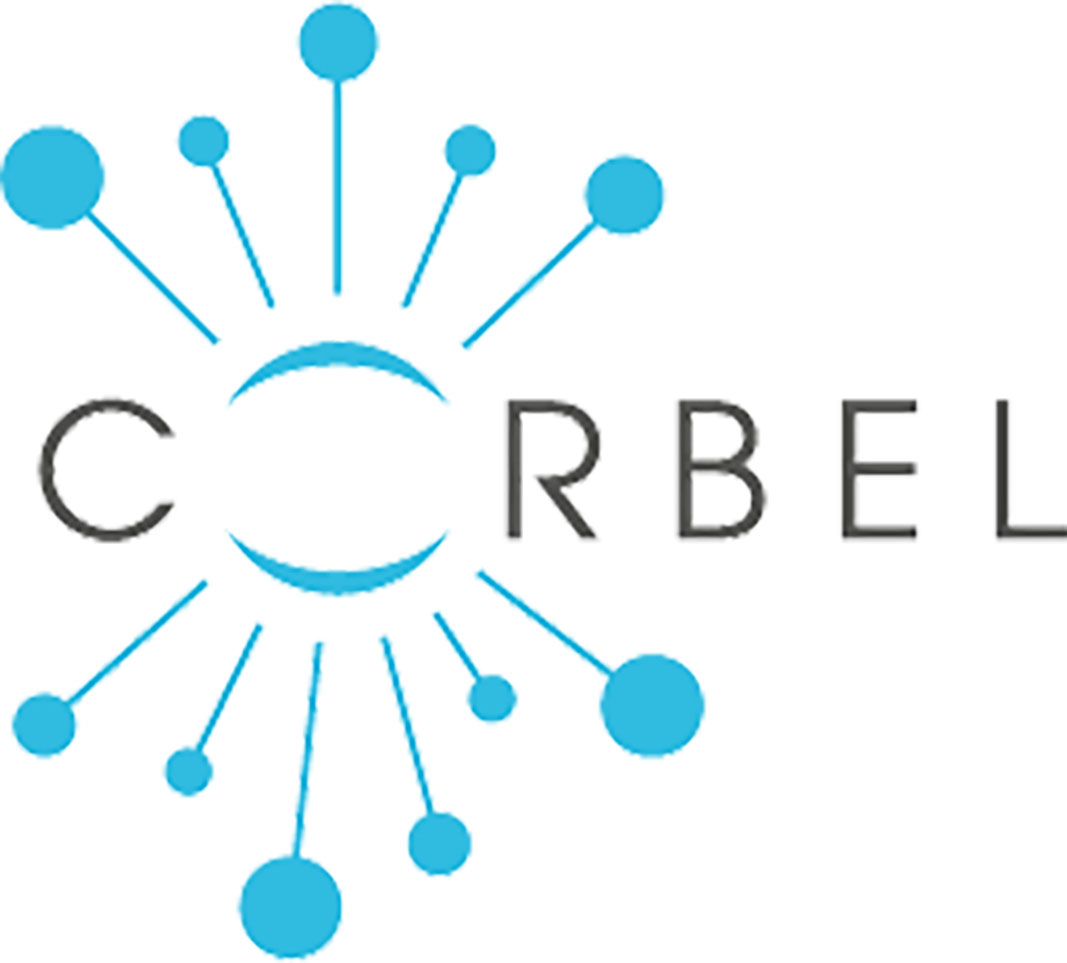ABBaCo - Restauro Ambientale e Balneabilità del SIN Bagnoli-Coroglio
Approccio ecosistemico alla pesca ed acquacoltura sostenibile
COCONET - Towards COast to COast NETworks of marine protected areas (from the shore to the high and deep sea), coupled with sea-based wind energy potential
EMBRIC- European Marine Biological Research Infrastructure Cluster
HEATGRASS - Tolerance to HEAT stress induced by climate change in the seaGRASS Posidonia oceanica
RECCAM - Seagrass Meadows resilience to global warming: an analysis based on responses at ecophysiological, population and ecosystem levels
Restauro Ambientale e Balneabilità del SIN Bagnoli-Coroglio
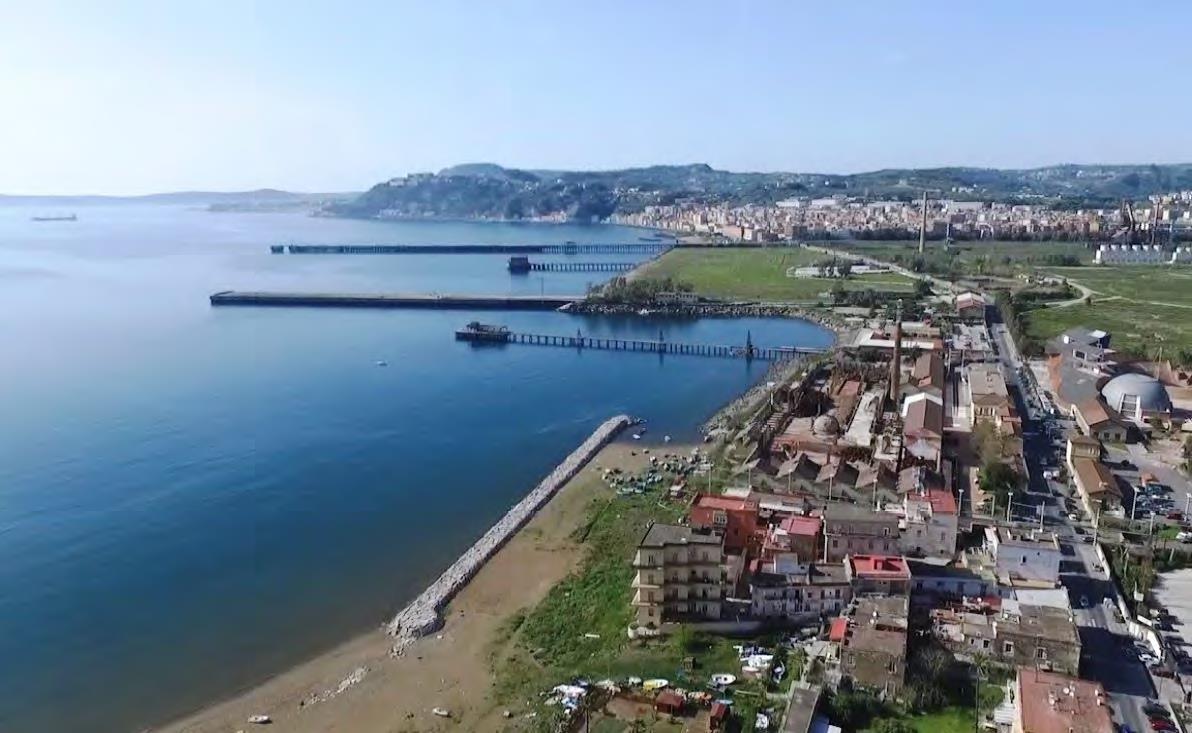
Summary
Dismissed industrial activities are responsible for persistent environmental degradation, mainly due to long-term accumulation of xenobitic contaminants in the environment. Such a chronic form of pollution represents a major threat for human health, biodiversity and ecosystem functioning. Necessary environmental remediation practices should however be coupled to restoration plans aiming at revert the degradation trend and give back healthy areas able to provide valuable ecosystem goods and services. Albeit fully integrated into the EU Restoration Agenda, marine environmental restoration is a new challenging issue in ecology, with Italy coordinating MERCES, the first European project in this field. The environmental restoration of Bagnoli-Coroglio Bay is a unique challenge at European level. ABBACO will develop new approaches for the removal and remediation of contaminated sediments and restoration of marine habitats. Actions include: i) identifying the environmental benchmark of the area; ii) assessing its present health status, iii) studying the effects of contaminated sediments on biodiversity and ecosystem functioning (MSFD), iv) assessing the combined effects of multiple stress at a hierarchical level; (v) experimenting innovative methods of transplantation and restoration of key species and habitats, and new biotechnological instruments for the remediation of sediments (bioremediation, bioaugmentation) in degraded habitats. ABBACO will provide novel expertise and stimulate new initiatives within the Blue Economy Agenda. The project results will be achieved by the actions of 6 intermingled work packages (WPs): WP1 Historic overview of the environmental status; WP2 Assessment of contamination and multiple environmental impact; WP3 Effects on biodiversity and ecosystem functioning; WP4 Holistic approach to the study of multiple stress and risk reduction; WP5 Pilot studies of restoration and rehabilitation; WP6 Evaluating the effects of restoration and rehabilitation procedures; WP0 Project management
What we do
We are coordinator of the project and play a key role in each of the 6 project’s WPs.
Partners
1) Stazione Zoologica Anton Dohrn, Napoli; 2) Istituto Superiore di Sanità (ISS); 3) Istituto Nazionale di Geofisica e Vulcanologia (INGV); 4-5) Consiglio Nazionale delle Ricerche (CNR-ISAC, CNR IAMC); 6) Agenzia Nazionale per le Nuove Tecnologie, l'Energia e lo Sviluppo Economico Sostenibile (ENEA); 7) Università Politecnica delle Marche; 8-9) Università degli Studi di Napoli Federico II (DiB, DICEA); 10) Università degli Studi della Campania “Luigi Vanvitelli”; 11) Università degli Studi di Napoli “Parthenope; 12) Consorzio Nazionale Interuniversitario per le Scienze del Mare (CoNISMa)
Research Area
Multidisciplinary Science
Project Lifetime
8th March 2017 to 7th March 2020
SZN Role
Coordinator
Principal Investigators
Luigi Musco, Vincenzo Saggiomo
Co-Principal Investigator
Lucia Rizzo
SZN people involved
Researchers: Bertocci I (WP4 co-leader), Bottaro M, Cardini U, Carotenuto Y, Castellano I, Costantini M, Crocetta F, D'Ambra I, Ferrante M, Hochscheid S, Locascio A, Marin Guirao L, Munari M, Pepi M, Rastelli E, Ristoratore F, Sansone C, Stefanni S, Zupo V
Experienced Researchers: Brunet C, Buia MC, Casotti R, Gambi MC, Iudicone D, Mazzocchi MG, Montresor M, Procaccini G (WP5 leader), Romano G, Sordino P, Spagnuolo A, Tosti E (WP4 co-leader)
Senior Researchers: Palumbo A, Ribera D’Alcalà M, Santella L, Zingone A (WP3 co-leader)
Associate Researchers: Badalamenti F, Vicinanza D, Vega Fernàndez T (WP1 leader)
Technologists: Conversano F, Margiotta F (WP3 co-leader), Patti FP, Sarno D, Terlizzi F, Toscano A, Saggiomo M
Experienced Technologists: Cirino P
Technicians: Cannavacciuolo M, Di Capua I, Lanzotti G, Passarelli A, Zazo G
Post doc: Gallo A, Guglielmo S, Morroni L (many others to be involved soon)
PhD Students: Dell’Anno F
Funding Institution
MIUR - Fondo Integrativo Speciale per la Ricerca (determina CIPE - GU n.56 8.3.2017)
Contribution to SZN: €2,000,000 (MIUR contribution) plus €1,700,000 (SZN co-financing contribution)
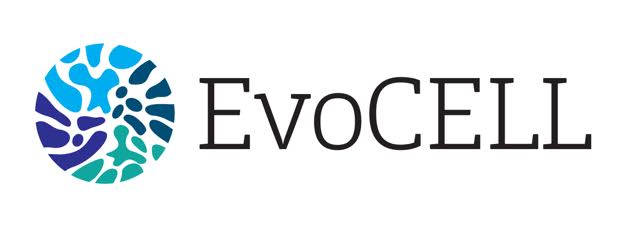
Animal evolution from a cell type perspective: multidisciplinary training in single-cell genomics, evo-devo and in science outreach
Summary
The aim of EvoCELL is to lay the foundation for a new branch of evo-devo focussing on cell types. We will study fundamental questions in animal evolution and development - eg. how new cell types arise in evolution, how many are in common between different animal groups and how many unique cell types have evolved in different animal lineages- using a new technology, single cell sequencing, which we will for the first time employ outside of lab models to sample the great diversity of animal phyla. EvoCELL will train a new generation of multidisciplinary scientists skilled in exploring the vast breadth of animal differentiation. We will jointly sample data from all major animal lineages, richly represented in the biodiversity of European waters, and develop new tools for comparative analyses, through which we will together pioneer three branches of cell evo-devo: evolution of stem cells; emergence of animal life cycles, and the stunning diversity of neural cell types. Through their excellent interdisciplinary and intersectoral training, from single-cell biology and palaeontology to bioinformatics and public outreach, our graduates will be in prime positions to assume leadership roles in academia, industry, and science outreach.
What we do
We are one of ten partners and are contributing to the diversity and evolution of neuronal cell types.
Partners
European Molecular Biology Laboratory, Heidelberg - DE; Stazione Zoologica Anton Dohrn, Napoli – IT; Uppsala University, Uppsala – SE; University of Heidelberg, Heidelberg – DE; University of Exeter, Exeter - UK; University College London, London – UK; Sars International Center for Marine Molecular Biology, Bergen – NO; Centre National de la Recherche Scientifique, Villefranches sur mer, Lion - FR; Non-academic partners: Museum für Naturkunde, Berlin – DE; Genomix4Life, Salerno - IT
Research Area
Organismal Biology
Project Lifetime
January 2018 to December 2022
SZN Role
Partner
Principal Investigator
People involved
2 ESRs to be hired
Funding Institution
European Commission, Horizon 2020 Call for Proposal: H2020-MSCA-ITN-2017. Grant Agrement no. 766053.
Contribution to SZN
€344081,76 (EU contribution)
Dedicated website
Media - Pictures
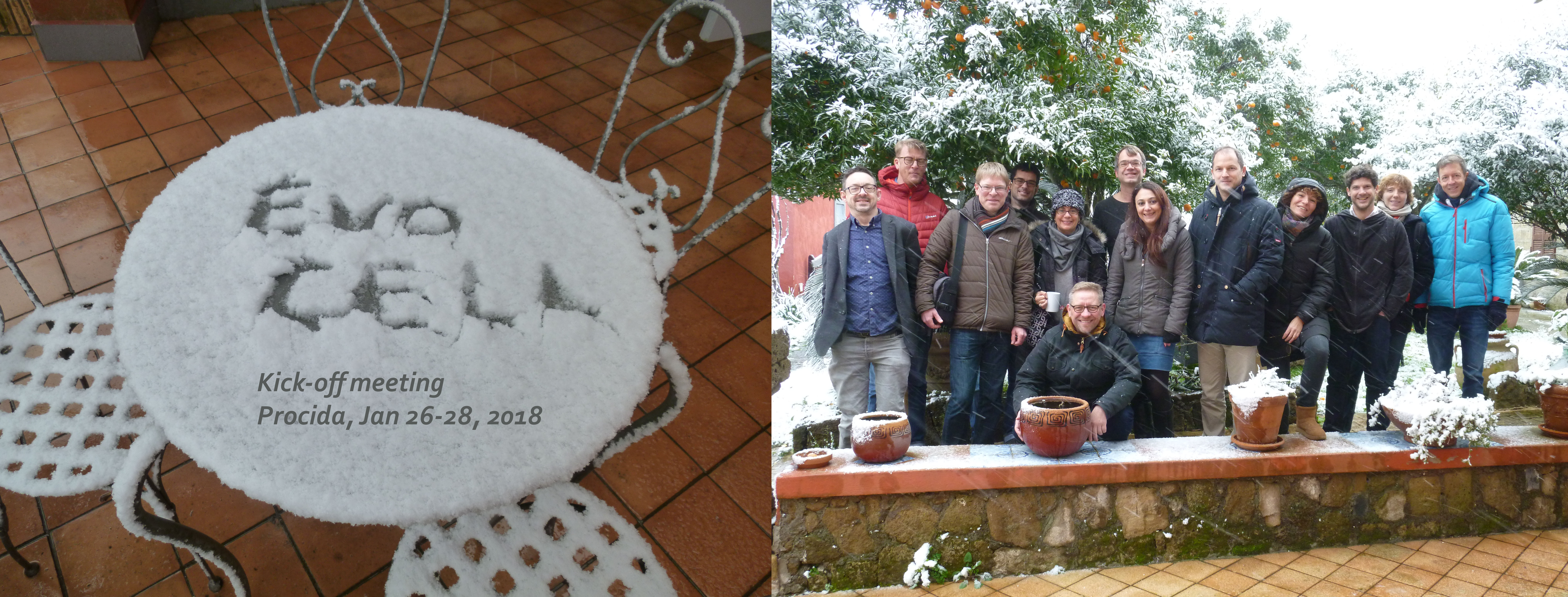
Meet the team
Maria I. Arnone, primo ricercatore
Periklis Paganos, PhD student
Coordinated Research Infrastructures Building Enduring Life-science Services
Summary
CORBEL is an initiative of thirteen new biological and medical research infrastructures (BMS RIs), which together will create a platform for harmonised user access to biological and medical technologies, biological samples and data services required by cutting-edge biomedical research. CORBEL will boost the efficiency, productivity and impact of European biomedical research. Individually, the services offered by the BMS RIs are critical to their own user communities. Collectively, through CORBEL, they will be transformative across the range of life-science disciplines: from generation of knowledge at the bench to patient treatment at the bedside.
What we do
The SZN participate to the WP4 (Community Driven Cross-Infrastructure joint research – Bioscience): Use case 4 (Marine Metazoan Developmental Models for BioMedical research - from predictive integrated databases to functional testing), coordinated by CNRS-Villefrances-sur-Mer (Evelyn Houliston). Within this WP the SZN hired for 18 mo the bioinformatician postdoc Elijah K. Lowe to work at enabling genomics and databases for Paracentrotus lividus.
Partners
Altogether, the CORBEL consortium comprises 37 individual partner institutions from 13 ESFRI Biological and Medical Sciences Research Infrastructures (BMS RI). Partners within WP4 are: EMBL-HD, EMBL-EBI, UMCU, ICFO, CRG, BRFAA, HMGU, CIRMMP, CSIC, CNRS, SZN, USTAN, FVB, MDC, VU/VUmc, DKFZ.
Research Area
Research Infrastructure
Project Lifetime
September 2015 to August 2019
SZN Role
Partner
Principal Investigator
People involved
Elijah K. Lowe - Salvatore D’Aniello - Anna Palumbo - Filomena Ristoratore
Funding Institution
European Commission Horizon 2020 research and innovation programme. Grant agreement No 654248.
Contribution to SZN
€90.700,00. (EU contribution)
Dedicated website
http://www.corbel-project.eu/home.html
Media - Pictures
